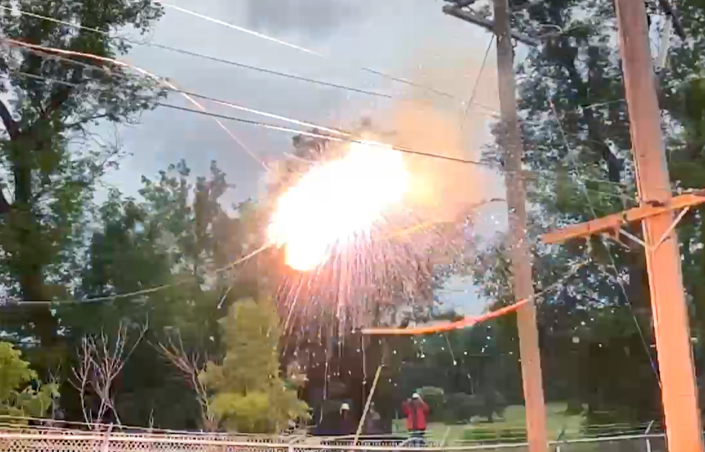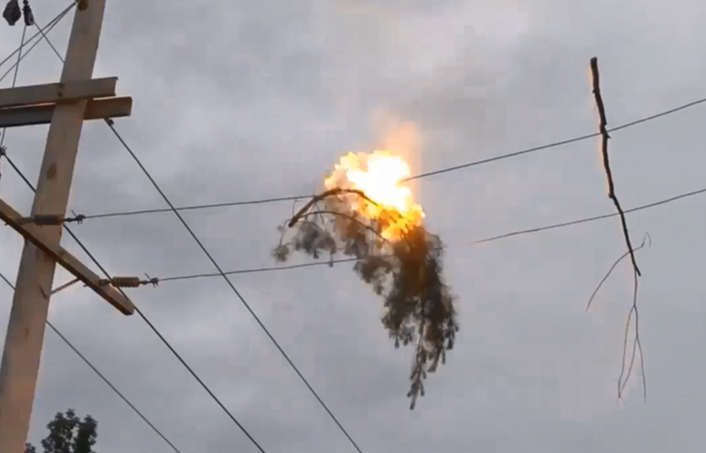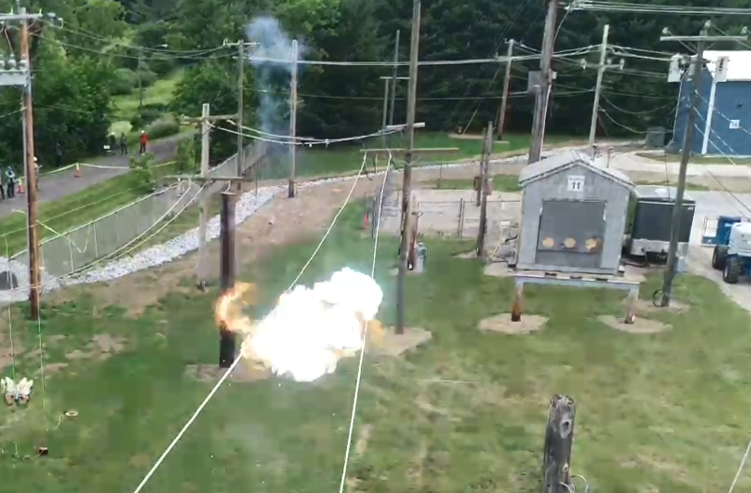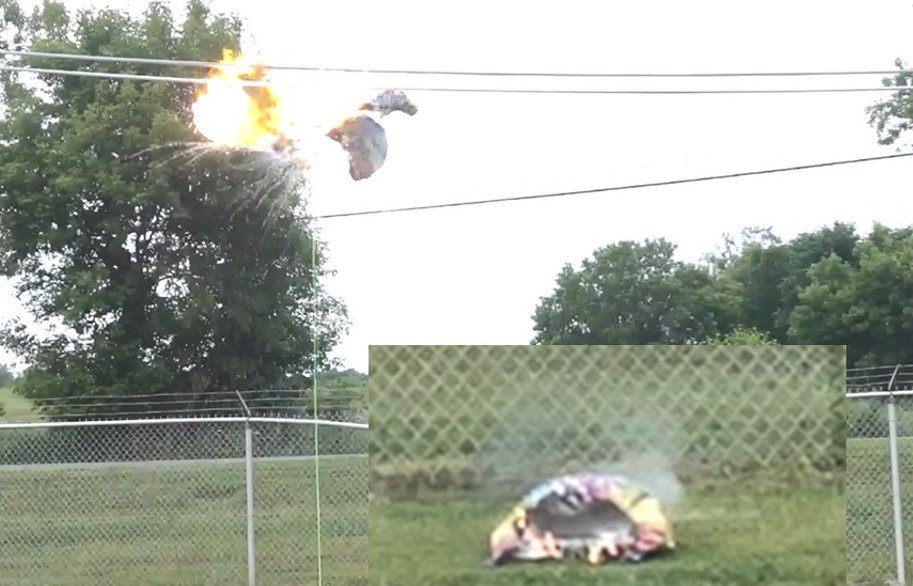Wildfire Resilience and Risk Reduction R&D
Industry Challenge
Wildfires are a significant challenge in a growing number of states across the country, particularly as climate change leads to warmer temperatures and longer droughts. For utilities, the challenge posed by wildfires is both large and complex.
There is clearly an urgency on the part of utilities to understand and to implement approaches that reduce wildfire risks. These implementations are complex because sometimes they relate specifically to utility ignition incidents and other times they are associated with damage and other impacts to the power infrastructure. The number one utility objective is public and worker safety which means that the first thing to consider is how to implement designs and technologies that minimize the risks of ignitions happening in the first place.
Preventing wildfires from starting is a focus of EPRI’s research, testing, and pilot and demonstration projects with member utilities. EPRI’s work involves mechanical, electrical, and lifecycle performance testing. The following table represents specific topics where EPRI has ongoing R&D in the power delivery space and the video links below contain real world examples of the ongoing work in this space.
Ongoing Wildfire Research Activities
Preventing grid infrastructure from igniting fires—and avoiding customer outages caused by wildfires are big priorities for utilities. But it’s important to remember that utilities alone can’t prevent wildfires, which is why improving wildfire response is also so critical. Toward the detection and response objective, EPRI has launched a wildfire Phase II supplemental project and a second industry initiative with the U.S. Department of Energy’s (DOE) Office of Cybersecurity, Energy Security, and Emergency Response. The DOE project will create a development and demonstration action plan that energy companies can use to guide technology deployments over the coming years. Building on EPRI’s existing research, this project aims to prepare power delivery systems of the future to be more resilient and adaptive to wildfire threats.
The Wildfire Risk Reduction project will include:
- Establishing a Wildfire Advisory Group composed of energy companies, DOE, U.S. national labs, industry stakeholders, research and development organizations, and technology developers
- Documenting industry progress and needs regarding wildfire prevention, preparedness, mitigation, and technology adoption
- Cataloging and understanding the technologies in development at the country’s national labs
- Documenting risk mitigation technologies, along with relevant approaches and practices that are in use or in pilots at energy companies
- Publishing an action plan that includes gaps and recommendations for implementation
Upon completion, EPRI and the Wildfire Advisory Group will identify opportunities and approaches to demonstrate emerging technologies that could be successful.
Please reach out to Doug Dorr (ddorr@epri.com) Tom Short (tshort@epri.com) or Joe Potvin (jpotvin@epri.com) for additional information.



